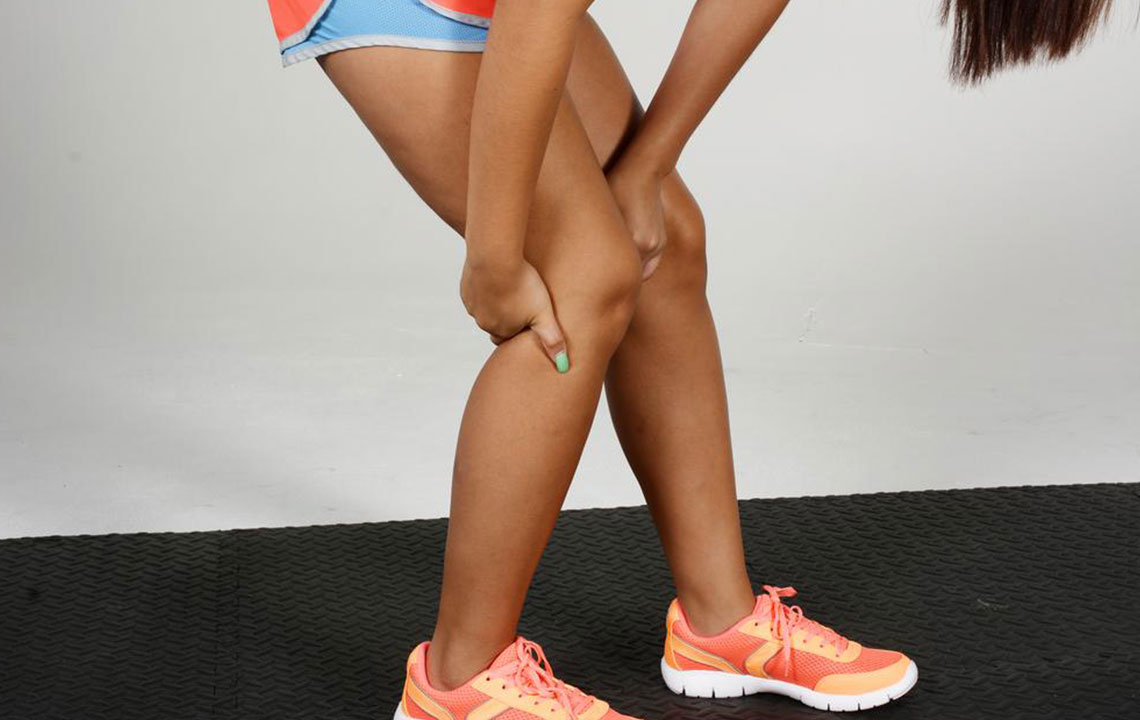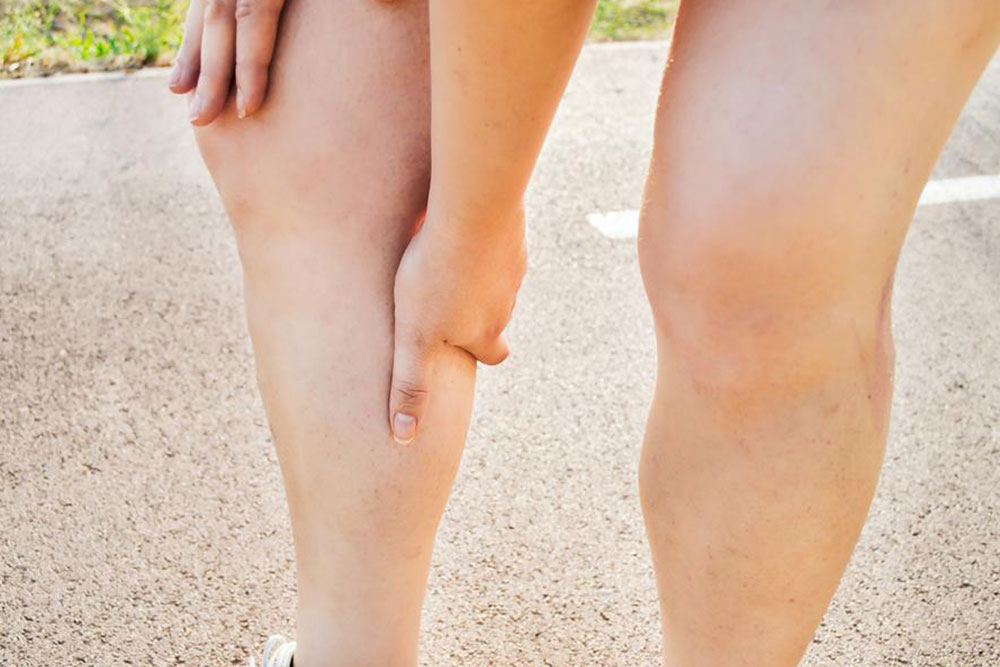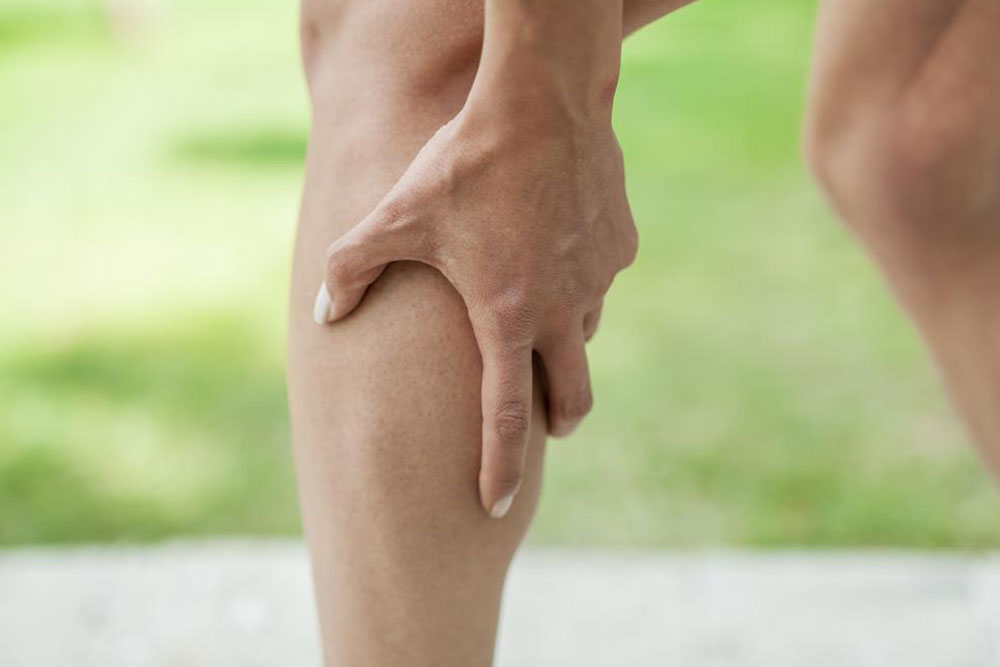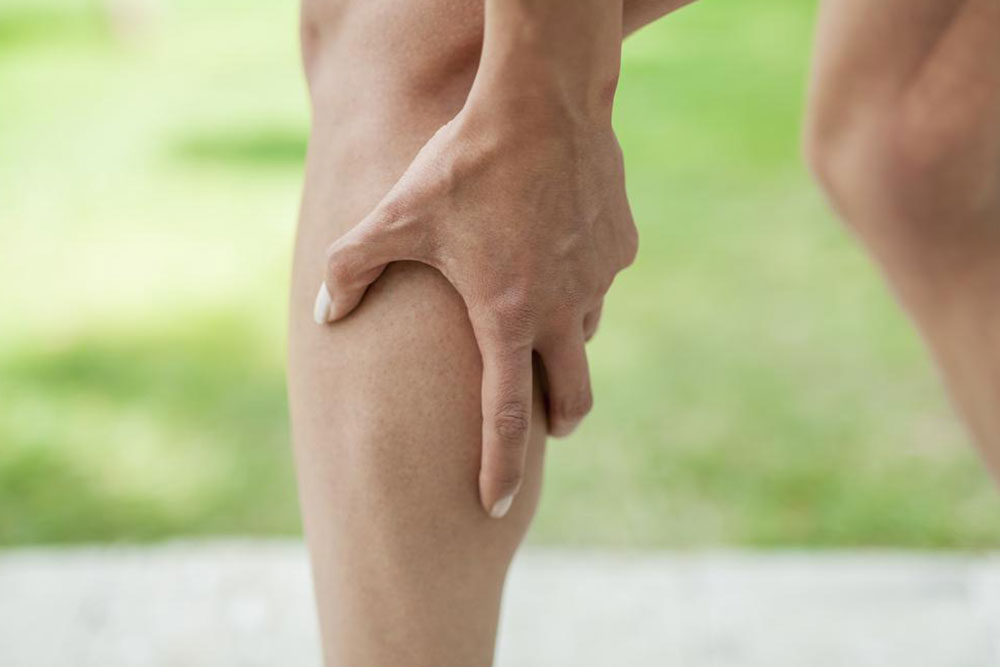Effective Strategies for Nighttime Leg Cramp Relief
Discover effective methods to relieve and prevent nighttime leg cramps. This guide covers common causes, quick relief tips, and preventive strategies such as hydration, diet, proper exercise, and medical consultation to help you manage cramps effectively. Suitable for adults experiencing restless nights due to leg spasms, it emphasizes safe practices and when to seek medical attention. Maintain healthy mineral levels, stay hydrated, and incorporate gentle stretching to reduce the occurrence of cramps and improve sleep quality.
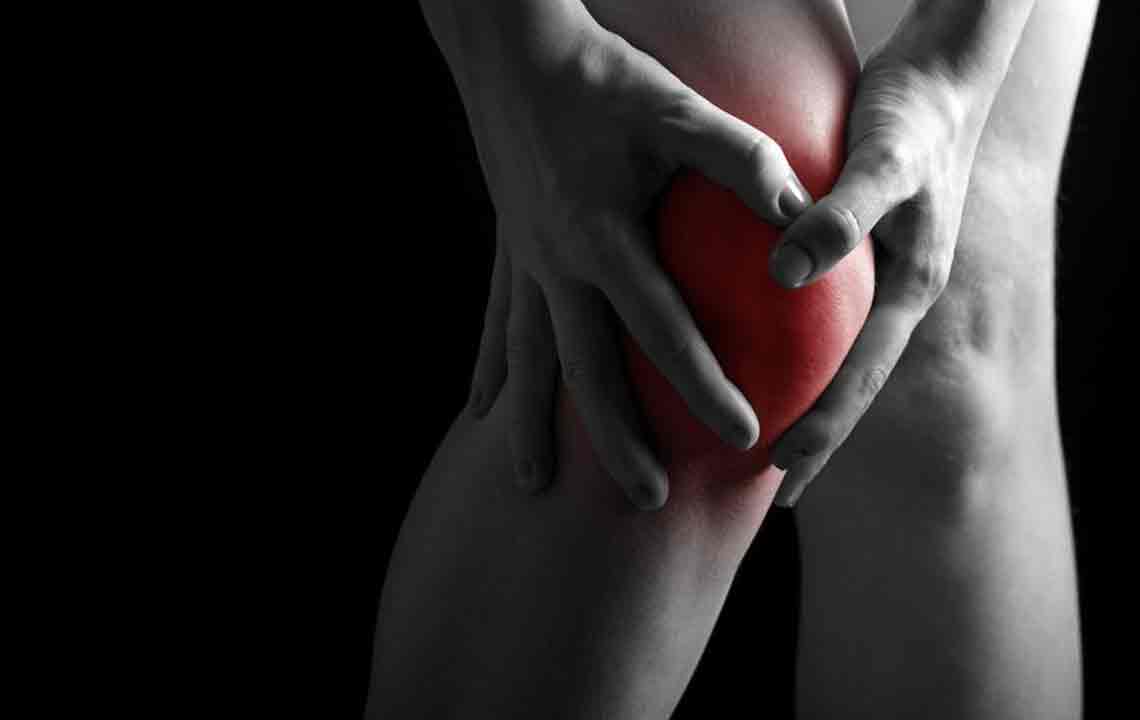
Managing and Preventing Nighttime Leg Cramps
Muscle cramps are sudden, intense contractions or tightening of muscles that can last from seconds to minutes. Most commonly affecting the legs, these cramps are also known as charley horses. Nighttime leg cramps involve spasms or tightness in the calves, thighs, or feet, often occurring as you fall asleep or wake up.
Causes include:
Overexertion or strain on leg muscles, potentially causing injuries.
Mineral deficiencies, such as low calcium, magnesium, or potassium levels, which are essential for muscle function.
Exposure to cold temperatures during sleep, like baths with cold water.
Uncomfortable sleeping positions or standing on hard surfaces for long periods.
Dehydration from insufficient water intake, reducing muscle water content.
Pregnancy, as mineral demands increase and deficiencies develop.
Certain medications, including anti-psychotics, birth control pills, and steroids.
Quick relief tips:
Stretch and massage the affected muscle. Walk around or gently jiggle your leg.
Stretch the calf by sitting and flexing your foot toward your knee, or stand facing a wall and lean into it with straight legs and one knee bent.
Take a warm shower or apply heat with a hot water bag to relax muscles.
Over-the-counter pain relievers can alleviate discomfort; follow usage instructions carefully.
Consult your healthcare provider for prescribed pain medication if necessary.
Stay well-hydrated by drinking plenty of fluids and sports drinks.
Preventative measures:
Maintain hydration by drinking water regularly.
Avoid alcohol, which can dehydrate muscles.
Eat foods rich in calcium, potassium, and magnesium—especially important during pregnancy.
Light evening exercise, like cycling, can help keep muscles conditioned. Avoid overexertion and ensure proper stretching before and after workouts.
Gradually increase exercise intensity, and practice proper form to prevent injuries.
Consider daily multivitamins after consulting your doctor.
If your medication causes cramps, discuss alternatives with your healthcare provider.
If cramps persist or worsen despite these measures, seek medical advice. Ongoing or severe cramps might signal underlying health issues, and your doctor can recommend appropriate treatments, including muscle relaxants if needed.

